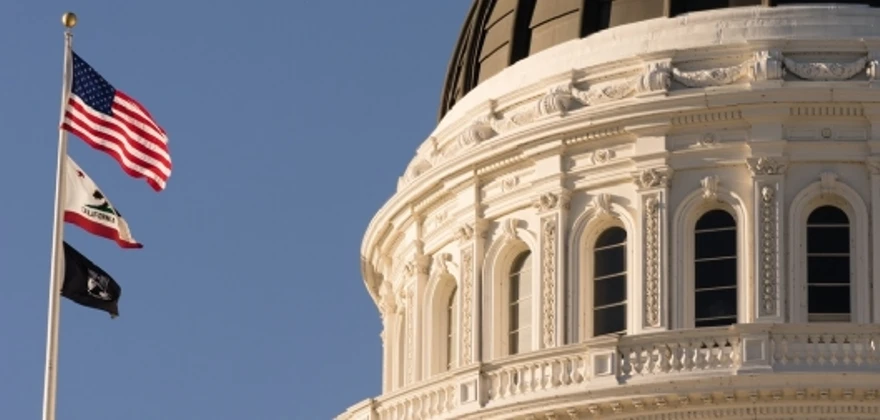On Tuesday, September 27, 2022, California Governor Gavin Newsom signed into law several bills intended to establish and enhance protections for individuals and entities providing abortions and reproductive health care services in light of the increasing number of states restricting abortion in response to the U.S. Supreme Court’s decision in Dobbs v. Jackson Women’s Health Organization. Many of the new California laws are designed to counter or preclude enforcement of another state’s abortion-restricting laws. However, it remains to be seen if or how a court would reconcile them with contradictory laws from other states. Also included in this slate of new laws are those that seek to: preserve the privacy of abortion-related patient data; protect practitioners who have provided abortions in other states from adverse licensure actions in California; expand the scope of practice for nurse practitioners and certified nurse midwives to provide abortion services; seek to expand the health care provider workforce; and increase access to and information about contraception and abortion. Below we summarize the new laws relevant to health care providers. Protections from Anti-Abortion Law Enforcement Two of the new laws focus specifically on the power of law enforcement to prosecute or investigate another state’s anti-abortion laws. Given the deliberate conflict between these two new California laws, on the one hand, and certain other state’s existing and emerging legal restrictions on abortion, on the other hand, providers may get caught in the middle trying to assess operational compliance in both California and elsewhere. Ultimately, such clashes will not be easily resolved and will likely require clarity from the courts. Patient Privacy In the aftermath of Dobbs, many health care providers and patients alike have identified limitations in HIPAA’s ability to protect the privacy of persons seeking abortions and abortion-related care, particularly as it relates to requests from state and local law enforcement agencies. In response, California lawmakers passed AB 2091, which aims to protect the privacy of out-of-state patients who seek abortion services in California by prohibiting health plans, health care providers, and their contractors from disclosing their medical information in response to a subpoena based on the alleged violation of another state’s law. The new law also protects such entities and individuals from being compelled to disclose information that would identify an individual who sought or obtained an abortion. As an urgency statute, the law went into effect immediately upon its passage. However, as with AB 1242 and AB 2223, the ramifications of AB 2091 and its interaction with other state’s contradictory laws, remain untested. Practitioner Licensing and Scope of Practice Three of the new laws are aimed at state licensing agencies, and protect California licensed health care providers who provide abortions. Workforce and Provider Funding Another set of new laws focuses on increasing the number of reproductive health care providers, particularly providers in low-income and underserved areas. Expanded Access to Birth Control In an effort to expand patient access to contraception, SB 523 requires a health care service plan or health insurer to provide certain over-the-counter birth control without cost to the insured. Health care service plans and insurance policies offered by public and private institutions of higher learning must also provide certain over-the-counter birth control, and cover vasectomy services without cost to the insured. It also revises the California Fair Employment and Housing Act to prohibit employment-related discrimination based on reproductive health decision making. Research and Reporting on Abortion Care Finally, the last set of new laws establish ways to track, report and share information about the provision and funding for abortion services. Hooper, Lundy & Bookman, P.C. is monitoring developments closely as federal agencies issue further guidance and states enact new laws in response to the Supreme Court’s decision in Dobbs. We have launched the Reproductive Health practice group to assist providers seeking to understand their legal obligations as the legal landscape shifts rapidly. Please reach out to Stephanie Gross or Charles B. Oppenheim in Los Angeles, Andrea L. Frey, Emily L. Brinkman, Erin R. Sclar, or Jeffrey Lin in San Francisco or any other member of our Hooper, Lundy, and Bookman team.California Enacts Legislative Package Expanding Protections and Access to Abortion Services

Professional
Related Capabilities




